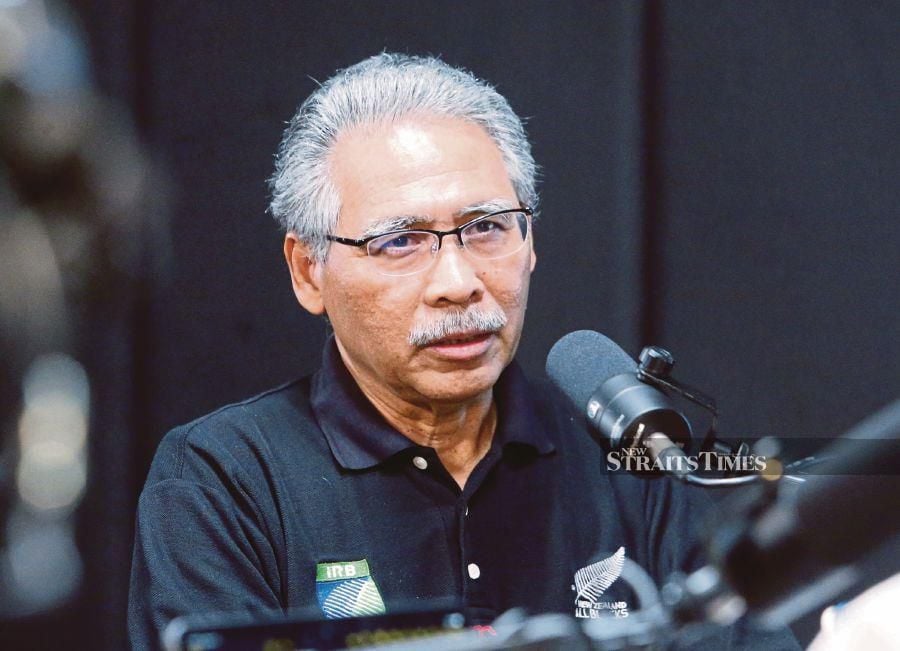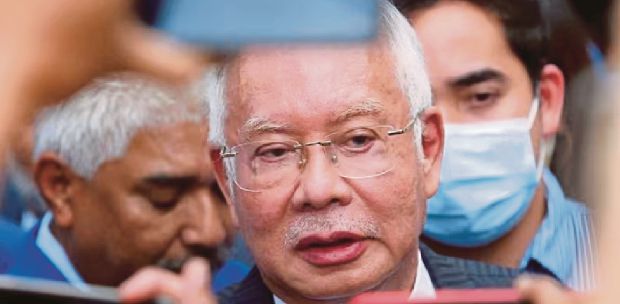KUALA LUMPUR: Prime Minister Datuk Seri Anwar Ibrahim's claims of threats against Malaysia for its stance in advocating the Palestinian cause indicate that voices are being heard at the international level, said an analyst.
Nusantara Academy for Strategic Research senior fellow Dr Azmi Hassan told the New Straits Times that it was common to receive brickbats from some of the European Union nations.
With Malaysia's persistent support for Palestine and Gaza, the alleged threats was a sign that our voices and views were being heard by the pro-Israeli nations, he said.
"We should not be too concerned over it (threats), it is a positive sign that voices, coming from a small nation, is being heard and attracted attention from these countries," he said.
He said the views would be further magnified if Malaysia was also given the chance to speak at the United Nations General Assembly (UNGA).
He said that there would not be much of an impact in terms of geopolitical or economical aspects from the Western countries due to our pro-Palestine stance.
He said Malaysia's pro-Palestine stance is in accordance with the international law and humanitarian perspective.
Singapore Institute of International Affairs senior fellow Dr Oh Ei Sun also said that there will not be much of an impact economically or diplomatically due to Anwar's outspoken nature related to the issue.
He said that successive Malaysia prime ministers have aspired to be the acknowledged leader or champion of the Muslim world, and Anwar was no exception, especially in view of his already formidable global reputation.
As such, he said that it was no surprising that Anwar would proactively project a pro-Palestinian stance both domestically and internationally.
"I think most Western countries understand the domestic necessity for most Muslim-dominated governments or their leaders to project a more pro-Palestinian stance, and therefore diplomatic relations between Malaysia and these countries are unlikely to be severely impacted.
"However, many Western companies, including multinational corporations, or their owners, may profess a more pro-Israeli stance, and may thus choose to defer their trade with or investments in Malaysia.
"So it remains to be seen to what extent the Malaysian economy, which relies heavily on foreign trade and investments, could be impacted as such," he said.
During the "Malaysia Stands with Palestine" rally in Bukit Jalil earlier this week, Anwar reaffirmed Malaysia's stance on the Israel-Palestine conflict despite criticism from pro-Israel countries, including the United States.
Bernama reported that Inspector-General of Police Tan Sri Razarudin Husain said police were beefing up Anwar's security following the latter's speech during the rally.






